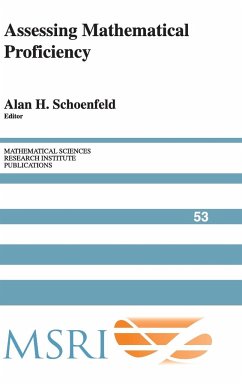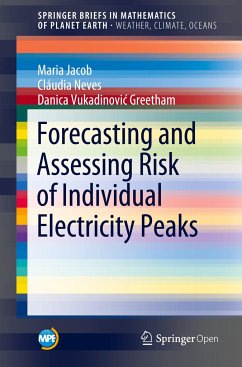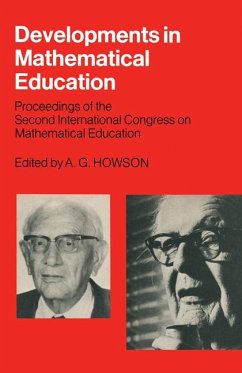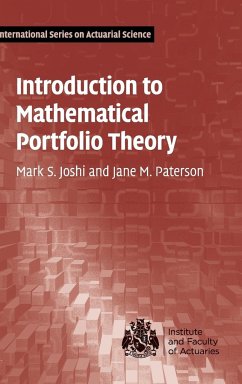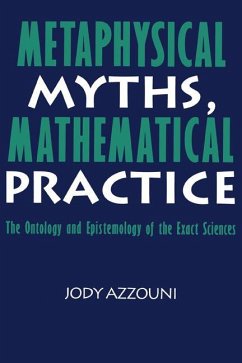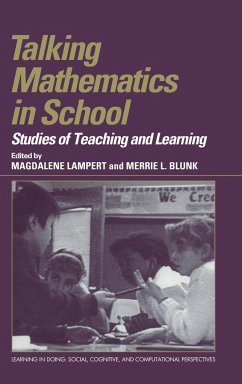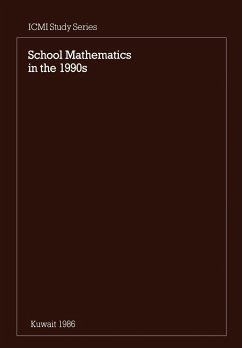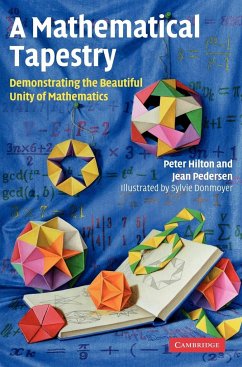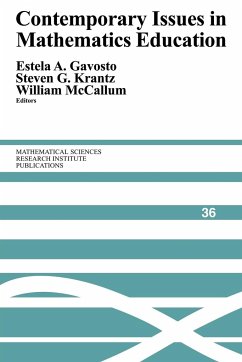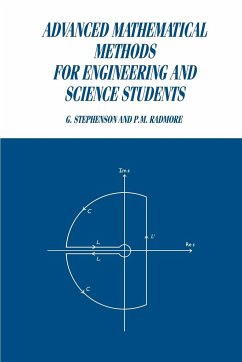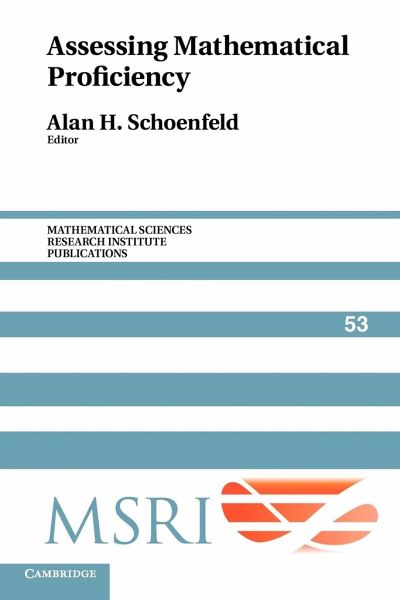
Assessing Mathematical Proficiency
Versandkostenfrei!
Versandfertig in 1-2 Wochen
49,99 €
inkl. MwSt.
Weitere Ausgaben:

PAYBACK Punkte
25 °P sammeln!
Testing matters! It can determine kids' and schools' futures. In a conference at the Mathematical Sciences Research Institute, mathematicians, maths education researchers, teachers, test developers, and policymakers gathered to work through critical issues related to mathematics assessment. They examined: - The challenges of assessing student learning in ways that support instructional improvement; - Ethical issues related to assessment, including the impact of testing on urban and high-poverty schools; - The different (and sometimes conflicting) needs of the different groups; and - Different ...
Testing matters! It can determine kids' and schools' futures. In a conference at the Mathematical Sciences Research Institute, mathematicians, maths education researchers, teachers, test developers, and policymakers gathered to work through critical issues related to mathematics assessment. They examined: - The challenges of assessing student learning in ways that support instructional improvement; - Ethical issues related to assessment, including the impact of testing on urban and high-poverty schools; - The different (and sometimes conflicting) needs of the different groups; and - Different frameworks, tools, and methods for assessment, comparing the kinds of information they offer about students' mathematical proficiency. This volume presents the results of the discussions. It highlights the kinds of information that different assessments can offer, including many examples of some of the best mathematics assessments worldwide. A special feature is an interview with a student about his knowledge of fractions and a demonstration of what interviews (versus standardized tests) can reveal.





